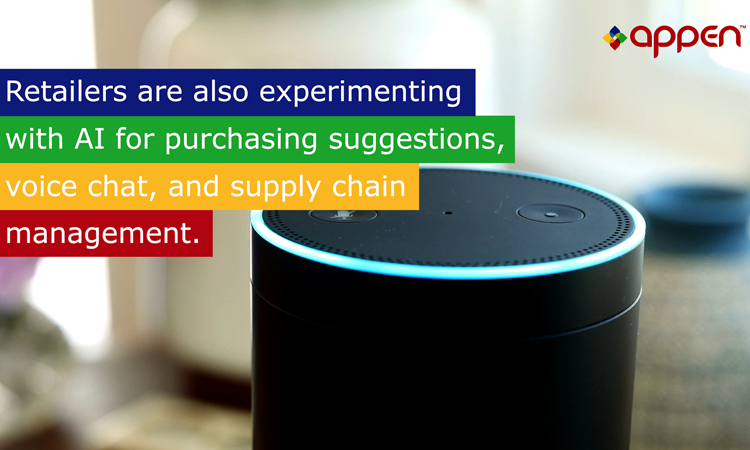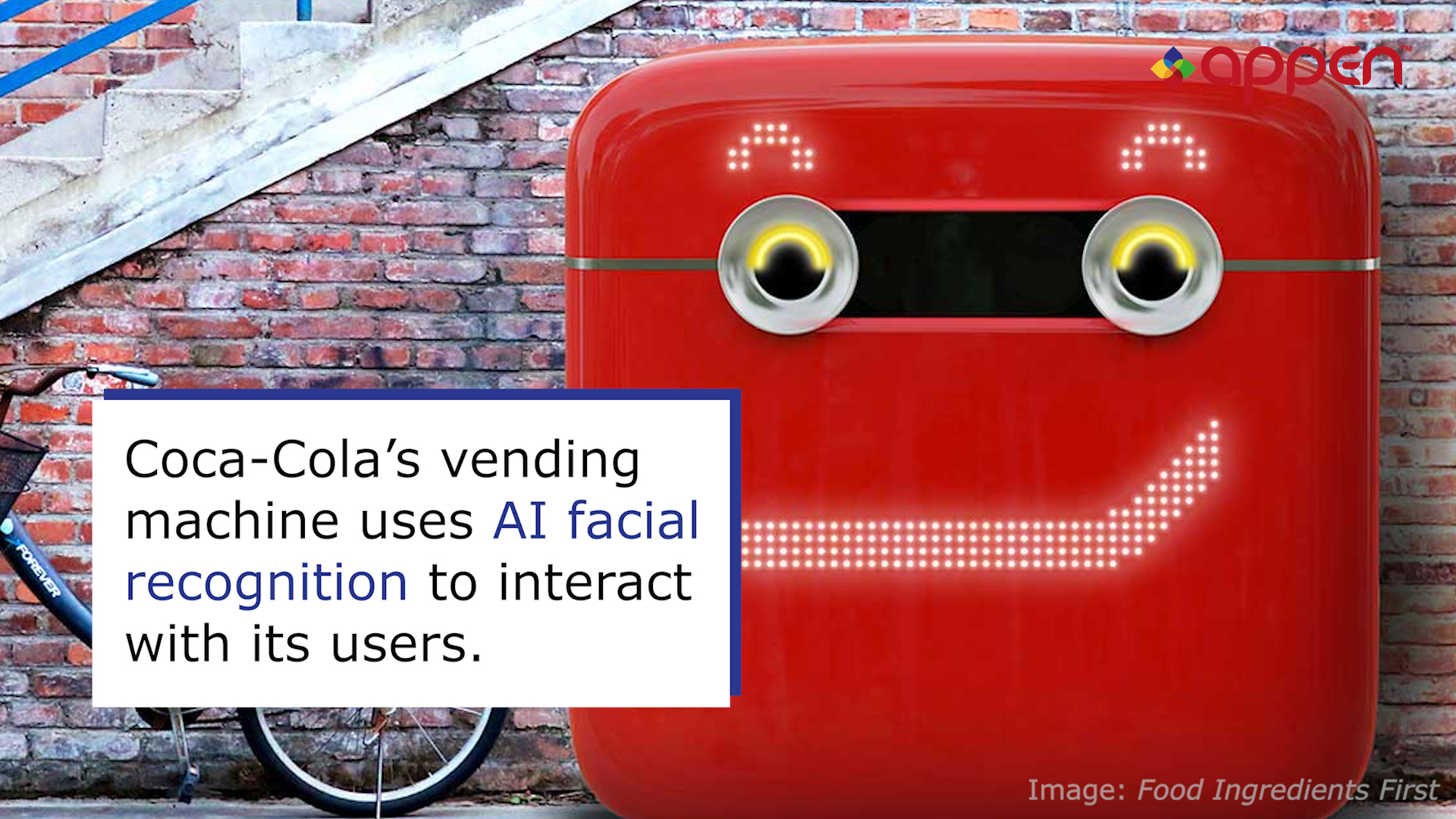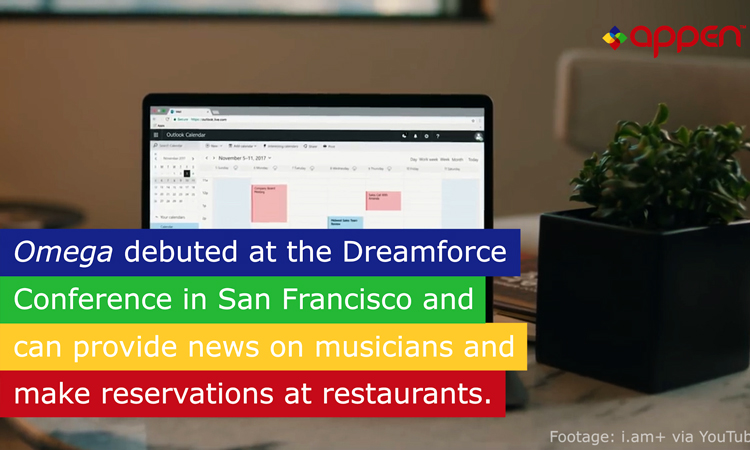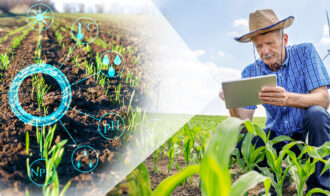At Appen, we provide high-quality training data for machine learning and artificial intelligence. Follow us to stay up to date on industry trends. In this edition of our roundup, news on: AI in retail, interactive vending machines, and voice recognition technologies. Check back for regular news roundups and subscribe to our YouTube channel for video updates.
AI in Retail
According to the 2018 Customer Experience/Unified Commerce Survey, seven percent of retailers are currently using AI for digital assistance and customer service support, while an additional 48 percent plan to follow suit within the next three years.
Artificial Intelligence brings transformative possibilities to the traditional retail experience. By analyzing purchasing behavior, brands can identify patterns and make real-time business decisions by learning from their customers. AI models can be trained to perform a wide variety of tasks, including personalized customer experiences, product recommendations, and customer service assistance.
Among those currently testing the waters, Amazon is experimenting with AI to offer personalized purchasing suggestions, and Sephora is using a Kik chatbot to offer customers one-on-one chats featuring curated beauty tips.
Given the direction of AI within retail environments, it’s anticipated that discussions around transparency—more specifically, whether customers should be notified they’re engaging with AI or a human rep—will continue developing over time.
 Find the survey at Business Insider.
Find the survey at Business Insider.
Interactive Vending Machines
The Coca-Cola Company recently debuted an AI-backed vending machine for the Chinese market. Customers can use the machine to both buy beverages and return and recycle empty bottles and cans. By combining beverage sales with recycling capabilities, the machine is helping the company achieve sustainable goals.
AI technology such as facial recognition and sound interaction are also incorporated into the vending machine, ensuring a fully interactive experience for customers. Featured on the vending machine are two “eyes”, one for accessing purchased beverages, and one for returning bottles to be recycled. In addition to the “eyes” are the machine’s “mouth” and “eyebrows”: LED pixels controlled by AI, that can change expression based off of facial recognition and sound interaction. Consumers who purchase a beverage might also receive mobile reminders to “pay back” the bottle once empty, as well as earn credits by recycling.
The machine also collects IoT maintenance data for predictive maintenance algorithms. The integration of IoT technology and data analysis offers additional operation and customer service support for Coca-Cola’s various operations and distribution departments. With supply chain systems powered by AI, the machine will enable equipment to record and balance sales and recycling, as well as streamline forward and reverse logistics.
On top of that, consumers will continue raising their recycling awareness, and develop environmentally beneficial, lifelong habits. The VenCycling machine supports The Coca-Cola Company’s World Without Waste vision, an effort to collect and recycle 100 percent of its packaging by 2030.
 Read more at Food Ingredients First.
Read more at Food Ingredients First.
Voice Recognition
Frustrated with the state of today’s voice-recognition technology, musician and entrepreneur will.i.am developed the machine-learning branch of his consumer electronics company i.am+ in 2016. The startup creates wearable products that combine fashion and technology while also addressing concerns around AI-based voice assistance.
i.am+’s AI voice-recognition project Omega resembles digital assistants such as Siri and Alexa. After securing $117 million in venture-capital funding for Omega in 2017, i.am+ shifted focus from consumer technology products like wireless headphones to partner with Salesforce Ventures to advance voice-recognition interfaces.
Voice technology was a primary focus at Salesforce’s annual Dreamforce 2018 conference. In anticipation for the event, Salesforce launched a voice-enabled product called Einstein which allows users to talk directly with the Salesforce platform. Einstein Voice aims to enable employees to better connect with new customers and streamline internal work processes.
It’s predicted that voice will continue changing how businesses operate, much like mobility did years ago, to become one of the main interfaces for businesses moving forward. Leaders in digital transformation predict that by 2021, 40% of consumers will likely use voice technology over apps and websites—for everything from search to shopping.
 Learn more at The Sydney Morning Herald.
Learn more at The Sydney Morning Herald.
—
If you enjoyed our roundup about Artificial Intelligence and Machine Learning Industry News: AI in Retail, Interactive Vending Machines, and Voice Recognition, subscribe to our YouTube channel for video updates.



